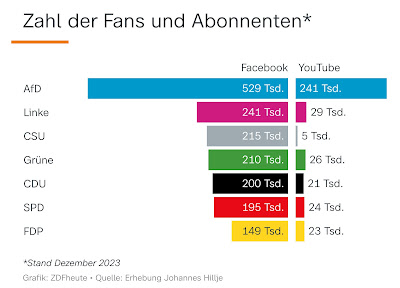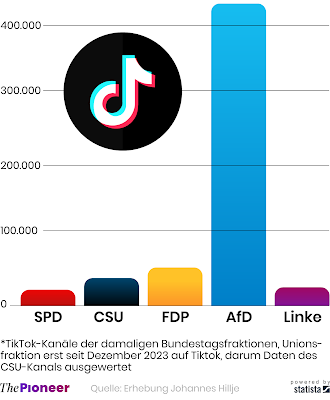In the past, Hannah Arendt criticized Dewey, pointing out that he was sitting in an ivory tower, professing faith in democracy as the moral ideal of a way of life.
It is not enough to think about democracy in solitude. Thoughts are welcome to develop in seclusion, but they must engage with the fundamental experiences of the time. Thinker and actor will no longer be separated when the actor takes on the task of thinking while the thinker embraces the world, an attitude that Arendt calls vita activa.
Thinking abandons passivity and loneliness and so becomes an activity that utilizes a potential plurality, which is a keystone for the future of our everyday world.
Much of Dewey's credo, Democracy being a way of life, can be found in rudiments as early as the beginning of the 19th century. For example, when Goethe, under the impression of the excesses of the French Revolution and Napoleon's rule, urges education to free people instead of striving for a German nation in his Xenia:
To form yourselves into a nation,
You Germans hope in vain;
Educate yourselves, you can,
But more freely as people.
But isn't it idealistic to continue thinking about democratic ideas when Brecht lamented human inadequacy? In times of crisis, democratic ways of life quickly end because people long for authority. They want leadership and put democratic freedoms aside.
The wise Michelle Obama recently moaned that our democracy is taken for granted, although you cannot take democracy for granted. She asked, "Will people vote, and why don't people vote?" Voting is actually a democratic duty.
Goethe already demanded in Faust I, "What you have inherited from your fathers, acquire it to possess it."
For Dewey, too, inheritance is not enough; democracy must always be acquired anew. Education takes on a democratic color and should attune people to a democratic attitude to life.
Ultimately, all young people living in a democracy must be educated in democracy because "the belief in democracy is one with the belief in experience and education. If one asks what is meant by experience and interaction, my reply is that it is the free interaction of individual human beings with surrounding conditions, especially the human surroundings, which develops and satisfies need and desire by increasing knowledge of things as they are," writes John Dewey.
The idea of lifelong learning is also present in Goethe's Faust II, where the chorus of angels proclaims, "Whoever strives with all his might, we can redeem."
But how can you educate and reach people who believe that they are being systematically lied to by "the media" in a democracy because politics and the media are secretly working together? Many of these conspiracy ideologists have comparatively little formal education. Of them, 58% want to vote for the right-wing AfD in the next German elections. With these people, all hope is lost.
AfD channels have more likes than all other democratic political parties combined. Where are the other reputable media? Where is the German government to counter the targeted disinformation by the political right?
*



No comments:
Post a Comment